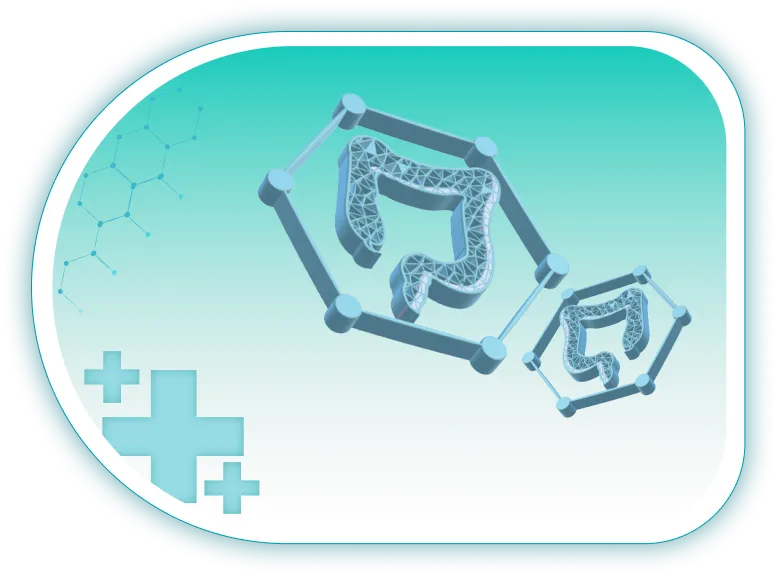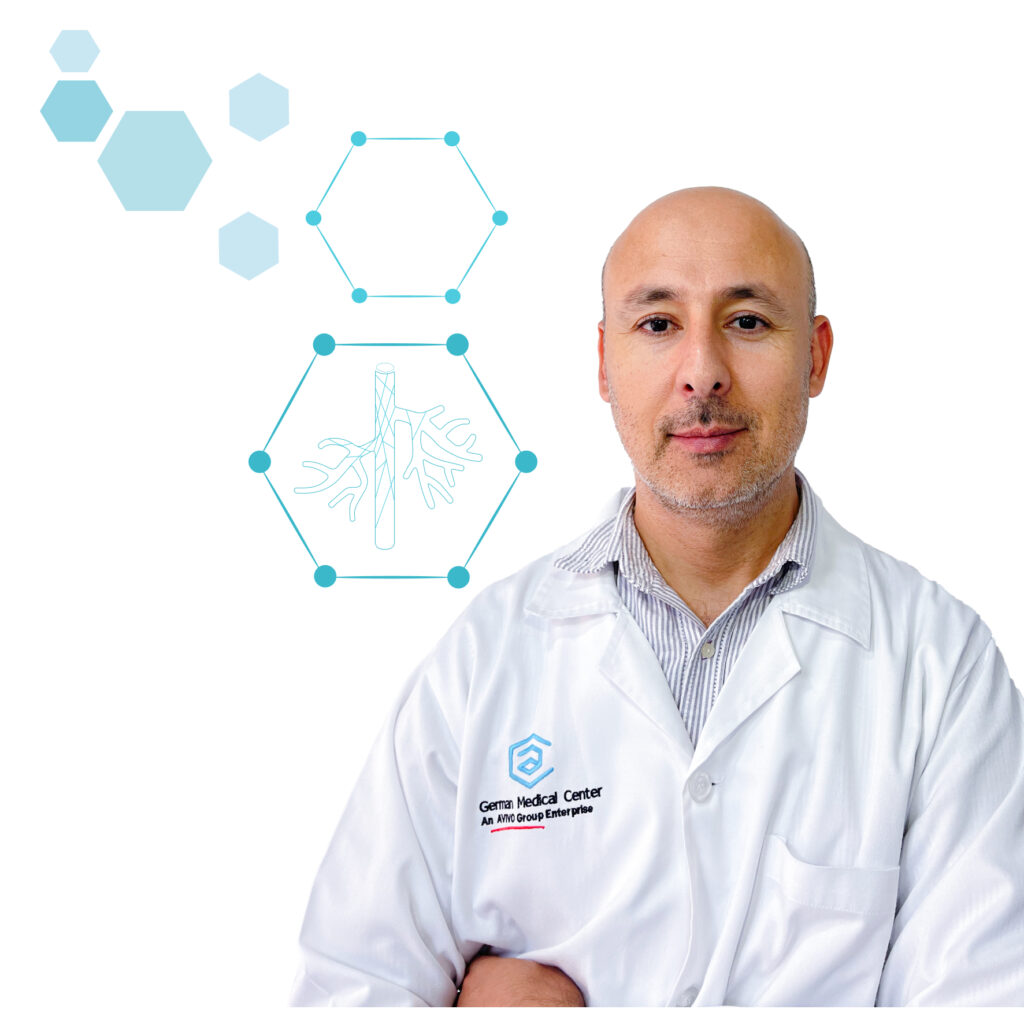One of the key benefits of laser treatment for diabetic foot is that it can help prevent amputation.

Soft-laser Treatment for Diabetic Foot: A Game-Changer in Wound Healing
Diabetes can be a challenging condition to manage, and one of its complications is diabetic foot. It’s a condition that affects millions of people worldwide, and it can lead to serious health consequences if left untreated. Diabetic foot can cause open wounds or ulcers, which can become infected and slow to heal. However, with the advent of laser treatment for diabetic foot, there’s now hope for faster and more effective wound healing.
One of the key benefits of laser treatment for diabetic foot is that it can help prevent amputation. Diabetes causes damage to the nerves and blood vessels in the feet, which leads to serious infections and even gangrene. In severe cases, amputation may be necessary to prevent the spread of infection. However, laser treatment can help promote healing and prevent the need for amputation in many cases.
If you or someone you know is struggling with diabetic foot, laser treatment may be a highly effective solution. To get started, schedule a consultation with a qualified general surgeon at German Medical Center today.
Our team of experts are passionate about providing only the best quality care and treatment to their patients.

General Surgery & Proctology

Vascular and General Surgeon
Gynecomastia, colloquially known as "man boobs" or "moobs," refers to the abnormal growth of breast tissue in males....
A gastric balloon is a medical device designed to assist with weight loss by reducing the amount of food a person can comfortably eat....
Irritable Bowel Syndrome, or IBS, is a common gastrointestinal disorder that affects millions of people worldwide....
Lipoma is a common, noncancerous growth of fat cells that form a lump under the skin....
Soft tissue treatment is a crucial aspect of skin and soft tissue surgery, as it involves the careful management of conditions...
If you spend a lot of time typing or using your hands, you may have heard of Carpal Tunnel Syndrome....
Nerve compression, also known as nerve entrapment or pinched nerve, occurs when a nerve is compressed or squeezed, leading to pain...
The problem of a hernia is not only cosmetic. If neglected, it will be enlarged or get strangulated. It must be repaired as soon...






Our customers are at the heart of everything we do, and we are committed to providing them with one of the best possible care and service and that's why platforms like UpTopics publish us in top.

Based on 206 Google Reviews

Partner with:
Partner with:


German Medical Center is one of the leading medical institution in Dubai formed by a group of specialists who are passionate about providing the personalized care tailored to the patient's unique needs.
Fill out our easy online form to book an appointment with German Medical Center. Our team of experts is dedicated to providing you with personalized care and guidance every step of the way. Don't wait, take charge of your well-being and schedule your appointment now!